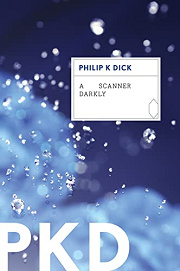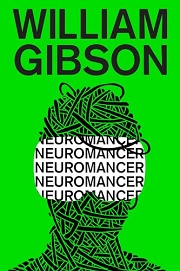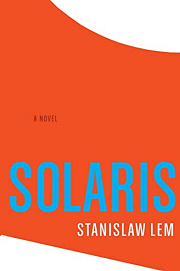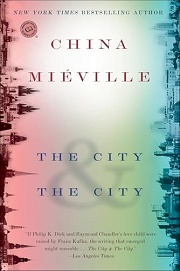Share your thoughts in a quick Shelf Talk!
A Scanner Darkly by Philip K. Dick
A narcotics agent goes undercover in a near-future California where surveillance is omnipresent and identity itself begins to fracture. Darkly funny and deeply unsettling, A Scanner Darkly explores paranoia, addiction, and the blurry line between watcher and watched.
Have you read this book? Share what you liked (or didn’t), and we’ll use your answers to recommend your next favorite read!
Love A Scanner Darkly but not sure what to read next?
These picks are popular with readers who enjoyed this book. Complete a quick Shelf Talk to get recommendations made just for you! Warning: possible spoilers for A Scanner Darkly below.
In A Scanner Darkly, did you enjoy ...
... a first-person account you can’t fully trust as reality and identity slip under observation?
Annihilation by Jeff VanderMeer
If Bob/Fred’s scrambled reports, the house’s ceaseless holoscanners, and Substance D’s identity-splitting made you lean in, you’ll love the Biologist’s journal in Annihilation. Her account of Area X is intimate and disorienting—hypnosis triggers, unreliable memories, and a subterranean "tower" (that may be a living thing) steadily erode certainty. Like Arctor not realizing he’s tailing himself, the Biologist’s perceptions are suspect, making every discovery feel both revelatory and suspect.
... drug-hazed, noir paranoia in a surveillance-soaked underworld?
Neuromancer by William Gibson
If the scramble suit cons, Barris’s manipulations, and the dread of those room-wide scanners hooked you, Neuromancer channels that same grimy, electric paranoia. Burned-out console cowboy Case navigates Chiba City’s alleys and corporate black ops with Molly at his side, while AIs like Wintermute pull strings from the shadows. It’s the same pressure-cooker vibe as Arctor’s double life—tech, addiction, and constant watching—only faster, sharper, and neon-lit.
... philosophical probing of consciousness, guilt, and what counts as a ‘real’ person?
Solaris by Stanislaw Lem
If Substance D’s hallucinations and the New-Path farm’s bleak “cure” left you wrestling with what’s real and what’s a projection of need, Solaris goes straight for that nerve. Psychologist Kris Kelvin confronts an alien ocean that manifests his dead lover, forcing him—like Bob/Fred—to question memory, culpability, and the boundaries of the self. It’s the same ache beneath A Scanner Darkly: love, responsibility, and the frightening elasticity of the mind.
... an investigation where enforced ways of seeing fracture identity and truth?
The City & The City by China Miéville
If you were gripped by Fred analyzing tapes of Bob Arctor—essentially surveilling himself—Miéville’s procedural will hit the spot. Inspector Tyador Borlú pursues a murder across two interwoven cities, Besźel and Ul Qoma, whose citizens are trained to “unsee” the other. The rules of perception feel as tense and bureaucratically absurd as the scramble suit briefings and Donna’s careful distancing, turning every clue into a test of reality itself.
... fractured selves, doubles, and the uneasy question of who you really are?
The Fifth Head Of Cerberus by Gene Wolfe
If Bob/Fred’s split—cop and user, watcher and watched—haunted you, Wolfe’s tale of Number Five will burrow deeper. On twin colony worlds, clones, memory tampering, and anthropological myths blur origin and identity. The narrator’s painstaking self-examination recalls Arctor’s Substance D–fueled unraveling and the New-Path aftermath: every revelation hints that the person you think you are might be a role someone else scripted.
Unlock your personalized book recommendations! Just take a quick Shelf Talk for A Scanner Darkly by Philip K. Dick. It’s only a few questions and takes less than a minute.





